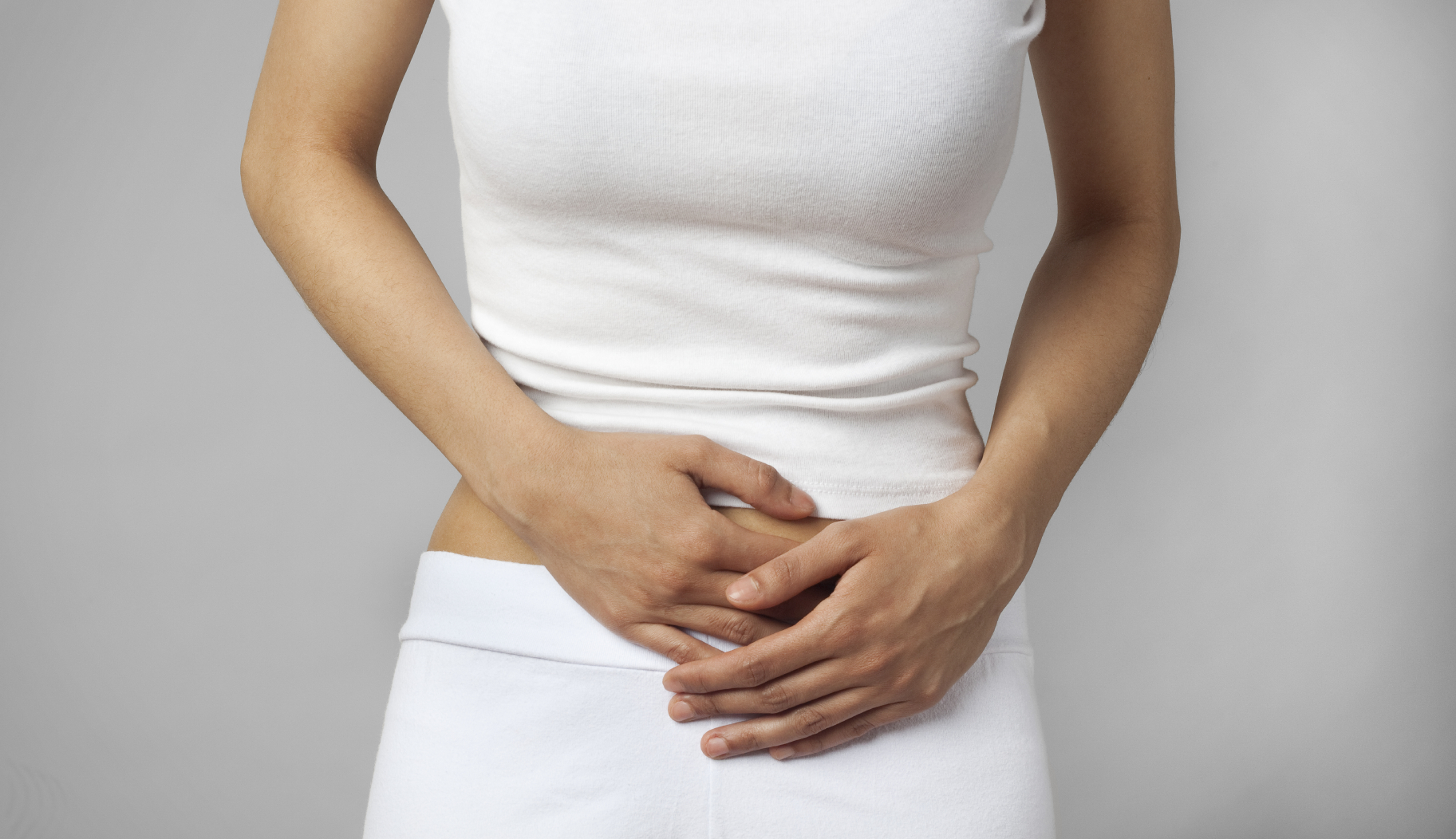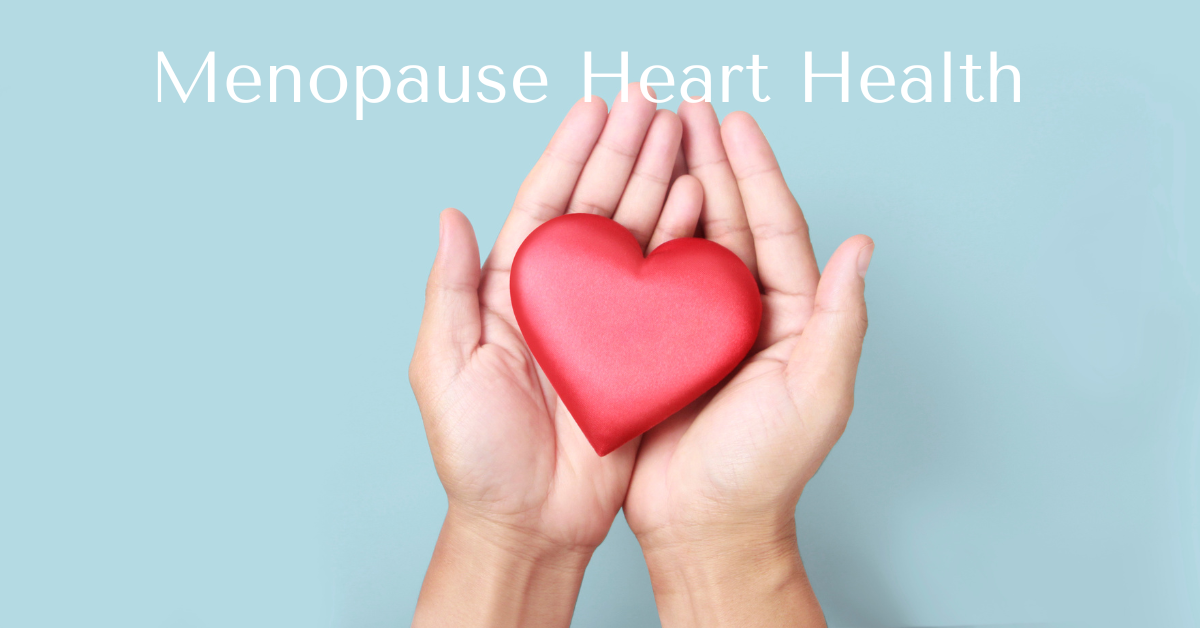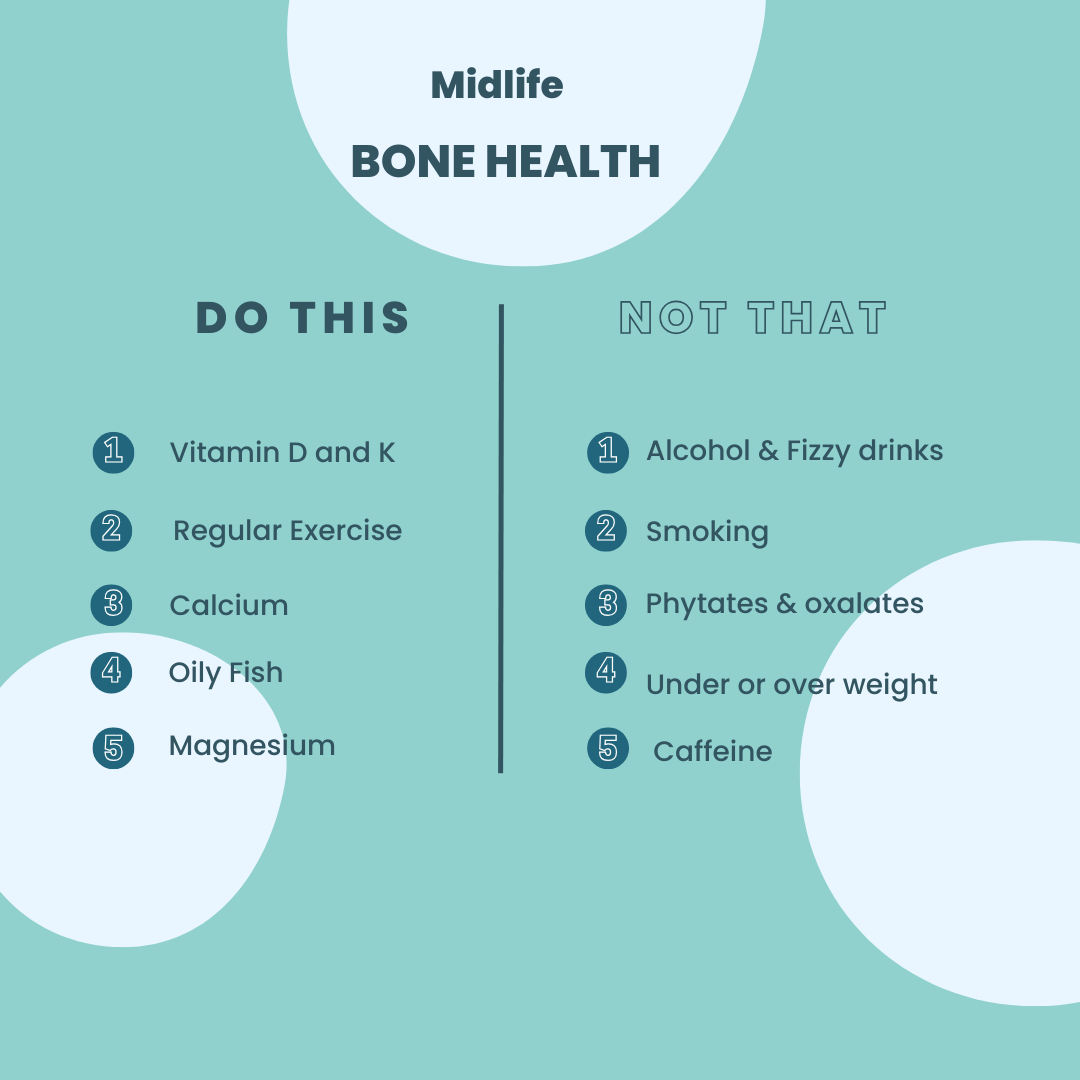Menopause can cause problems with digestion because hormones affect digestion and may cause digestive problems. Likely you are aware of some common signs to expect at menopause like period changes, hot flushes, night sweats, brain fog, tiredness and a loss of sex drive, but problems with menopause digestion isn’t always highlighted. You may not be aware that digestion is yet another body system affected by the hormonal changes at menopause. Don’t despair though, it just means you must pay a little more attention to yourself. Doing so will reap many other health benefits aside form balancing hormones and those debilitating symptoms.
Digestive symptoms
Digestive issues are a significant problem and can worsen at menopause. You can experience bloating, wind, rumbling noises, constipation and or diarrhoea. Perhaps you need to rush to the toilet and yet still feel you are not finished? These are typical IBS like symptoms that have numerous causes. However, because digestion is affected by hormones more problems can come to light at menopause.
My root cause approach is fundamental to getting to the bottom of your digestive issues pun intended. With any digestive issues I take a top down approach. If one of the first stages in the digestive process is not functioning properly it will have a knock on effect on other areas like the stomach and gut. Each stage of digestion depends on previous ones to do their job. Let me explain.
Digestion Starts in The Brain
Did you know our brain is responsible for the start of digestion? Image your favourite dinner or passing a food stall and the smell of it makes you hungry. This is the brain responding to senses and stimulating your appetite. Of course, this can work against us too. But a healthy appetite will stimulate salvia and other digestive juices.
Saliva is needed to break down starches ready for further digestion in the stomach and gut. It helps us taste flavours making our food more appetising and stimulating other digestive juices. Unfortunately falling oestrogen can result in a reduction in saliva. Some women experience a dry mouth, occasionally a burning sensation, dry throat and lips, soreness, hoarseness, and frequent thirst. Saliva protects your mouth from bacteria, so you can also be prone to tooth decay, cavities, receding gums.
What you can do
- Drink Water, anticipate your food, often by mindful preparation and eating.
- Chewing natural sugar free gum, to help release saliva.
- Artificial saliva pastilles sprays from your local pharmacy.
- Practice good dental health
- Get other causes checked by your doctor.
A B vitamin complex may protect and support a healthy mouth membrane. As always it’s best to get tailored advice It is wise to avoid hot, spicy, salty, sugary foods. Alongside excess alcohol and caffeine. Stopping smoking is good as this will slow down saliva.
Heart Burn
Some women have increased heartburn (acid reflux) around menopause. This is a burning feeling in the throat and or chest. Menopausal women are three times as likely to suffer from Gastroesophageal Reflux Disease (GERD). This is because falling oestrogen affects the production of acid in the stomach. This can cause indigestion and lead to the IBS like symptoms discussed. Stress can reduce stomach acid therefore digestive processes as it turns on a survival mechanism. Menopause is often a stressful time both physically and mentally.
Antacids or PPIs are often prescribed to reduce the acid. These are often necessary to protect the stomach from other medications. However prolonged use is linked to IBS and digestive problems. In fact, often the problem is acid in the wrong place not too much acid. The valve which stops acid from the stomach coming into our oesophagus (food pipe) becomes weaker as get older and may lead to acid leaking where it should not be. Surprisingly symptoms are the same for low and high stomach acid.
Stomach acid is crucial for release of digestive enzymes and if reduced the absorption of our food is jeopardised potentially causing depleted micronutrients like Iron zinc and magnesium and fat soluble vitamins A,D,E,K. Stomach acid is important for protein digestion, incomplete digestion of protein can lead to fermentation by bacteria in the intestine leading to menopause digestive problems.
What you can do
- Eat when relaxed but sit up straight
- Eat slowly and chew well
- Don’t drink water with a meal
- Helpful digestion remedies
- Herbal bitters, stimulate your taste buds creating saliva, triggering stomach acid and other digestive enzymes
The Liver at Menopause
The liver is where oestrogen is mainly processed, with erratic hormone production in perimenopause there is more work for the liver. It is crucial it is efficient. The liver requires many nutrients both for the processing work and the energy to carry it out. For this to work well we require B6 and folate and magnesium. Additionally cruciferous vegetables e.g. broccoli, cauliflower, and kale are sources of sulforaphane that supports the detoxification of oestrogen. Phytoestrogens like soy and flaxseed help by blocking more stimulating types of oestrogen and regulating oestrogen.
Once the liver has processed the waste products they are sent back to the gut, so gut health is also key. In fact, eating for a healthy gut will also support the liver. This waste contains excess and old used oestrogen that’s disposed of via bile, which is secreted into the gut for excretion from the bowel. Once oestrogen is present in the gut it encounters the gut microbes and the oestrobolome.
Menopause and the Gut
Menopause affects the gut because of a hormonal effect on the gut bacteria, there is a certain group that explains the hormonal connection. The ‘oestrobolome’ is a specific group of gut microbes that thrive in an oestrogenic environment. They are key in the regulation of oestrogen. These microbes synthesizes an enzyme called beta-glucuronidase. This enzyme is significant in the breakdown of complex carbohydrates and the reabsorption of micronutrients like flavonoids, found in fruits, vegetables, grains or wine. Importantly it reabsorbs oestrogen and converts inactive oestrogen to active forms.
An imbalance in the gut bacteria called dysbiosis can cause altered the levels of beta-glucuronidase. Higher levels mean more oestrogen gets absorbed back into the body to be recirculated causing higher oestrogen levels. Certain hormonal driven conditions are related to chronic diseases and dysbiosis may play a part.
- Digestive problems and bloating
- Acne
- Lack sex drive
- Headaches
- Weight gain
- Hot flushes
- Mood swings
- Polycystic ovarian syndrome (PCOS)
- Cancers of the breast, ovaries, or prostate.
Whereas lower levels result in more being excreted. If this is too low, it may exacerbate the low oestrogen in postmenopausal women. This also increases the risk of obesity, cardiovascular disease, and osteoporosis. Therefore, unbalanced gut bacteria including a lack of diversity of microbes can lead to altered levels of beta-glucuronidase and symptoms of oestrogen dominance or deficiency. The gut affects the overall oestrogen balance in the body. Supporting gut health is a key factor in hormone balance and overall health. You can read more about the gut and skin health here
What to eat
- High fibre plant-based foods nuts, seeds, legumes, beans
- Fermented foods kimchi, sauerkraut, kefir, Kombucha
- Probiotics lactobacillus and acidophilus can help decrease bacteria that produce beta-glucuronidase
- Prebiotic foods like chicory, asparagus, garlic, and banana
- Exercise has been shown to improve gut diversity and therefore gut health
Menopause can be a challenging time, and yet it is an opportunity to look after you and your health and improve your menopause experience. There are ways you can help yourself just by choosing different foods and making some simple, behavioural changes. If you’d like to book a discovery call to find out what strategies would work best for you, get in touch today!
Find out how I can help you personally by booking a free no obligation discovery call
References
Goedert, James J et al. “Investigation of the association between the fecal microbiota and breast cancer in postmenopausal women: a population-based case-control pilot study.” Journal of the National Cancer Institute vol. 107,8 djv147. 1 Jun. 2015, doi:10.1093/jnci/djv147
Taebi, M., Abdolahian, S., Ozgoli, G., et al, N. Strategies to improve menopausal quality of life: A systematic review. Journal of education and health promotion, 7, 93. (2018). doi:10.4103/jehp.jehp_137_17







